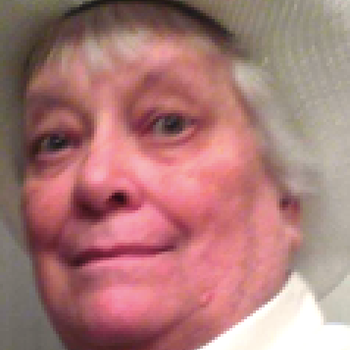What makes blood types different?
1 Answer
The inherited antigenic substances on the surface of red blood cells is what makes blood types different.
Explanation:
There are two different types of agglutinogens, type "A" and type "B".
The ABO blood type classification system uses the presence or absence of these molecules to categorize blood into four types.
To add to this, is the presence or absence of Rh protein.
The A and B antigen molecules on the surface of red blood cells are made by two different enzymes.
These two enzymes are encoded by different versions, or alleles, of the same gene. The A allele codes for an enzyme that makes the A antigen, and the B allele codes for an enzyme that makes the B antigen.
There is third allele which is inactive and we call it O.
Everyone inherits two alleles of the gene, one from each parent.
The combination of your two alleles determines your blood type.
You can have AO, BO, AB or OO. Add to this the Rh factor which you have (+) or don't have (-).
The O is not usually shown as it is inactive.
A person who is OO- is called the universal dOnOr as they can give blood to every one. AB is the universal receiver.
There is much more on who can get blood from whom but that is for another time. The best rule is to always get your own type.
 )
)

